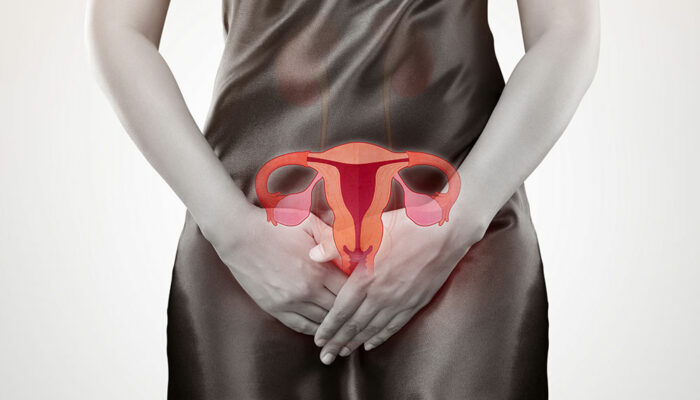
6 Common Acid Reflux Causes
Acid reflux, also known as Gastroesophageal Reflux Disease (GERD) in the chronic form, is a condition that causes a burning sensation in the chest. While occasional acidity and reflux are normal, experiencing the symptoms more than twice a week indicates GERD. Several factors can elevate the risk of, trigger, or worsen the condition. Listed here are the common causes of acid reflux.
1. Hiatal hernia
Hiatal hernia is a stomach abnormality that can lead to acid reflux. In this condition, the upper part of the stomach and the Lower Esophageal Sphincter (LES) move above the diaphragm, which is a muscle that separates the chest from the stomach. The diaphragm helps keep the acid in the stomach, but in people with hiatal hernias, the acid can move up into the esophagus and cause reflux.
2. Fatty and fried foods
The consumption of high-fat and oily foods can cause the LES to relax, allowing the stomach acids to travel back up into the esophagus. Greasy and heavy foods are also difficult to digest, which delays the emptying of the stomach and can trigger heartburn.
3. Citrus fruits and other foods
Citrus fruits, tomato, chocolate, mint, garlic, onions, or spicy foods can trigger reflux. So, it’s best to steer clear of these ingredients when preparing a meal. Citrus foods are acidic, so they just add to the amount of acid already triggering the symptoms. Other acidic foods like tomatoes and carbonated drinks can also cause or worsen acid reflux flare-ups.
4. Excess weight
Obesity can cause several health complications, and acid reflux is one of them. Excess weight puts added pressure on the abdomen and increases the chances of the stomach acids flowing back up. Following a nutritious, balanced diet and exercising regularly can help one lose the excess pounds and maintain a healthy weight. It’s also recommended to wear clothes that do not press against the stomach or body as they can also increase abdominal pressure.
5. Pregnancy
Experience acid reflux during pregnancy is normal, and it often happens due to hormonal changes. Additionally, the stomach takes longer to empty in the first trimester so that the body can absorb nutrients for the fetus, but this can lead to heartburn. Acid reflux could also result from the fetus pressing against the stomach. Keeping a strict check on diet and nutrition can help manage this issue, and one can always speak to their gynecologist about safe medications.
6. Medications
Certain medications, particularly some antibiotics and osteoporosis medications, often cause acid reflux. Other medicines that can trigger the symptoms include anxiety medications, antidepressants, blood pressure medications, and pain relievers. It’s best not to take any medication without consulting a physician, especially if one is prone to experiencing acid reflux.



